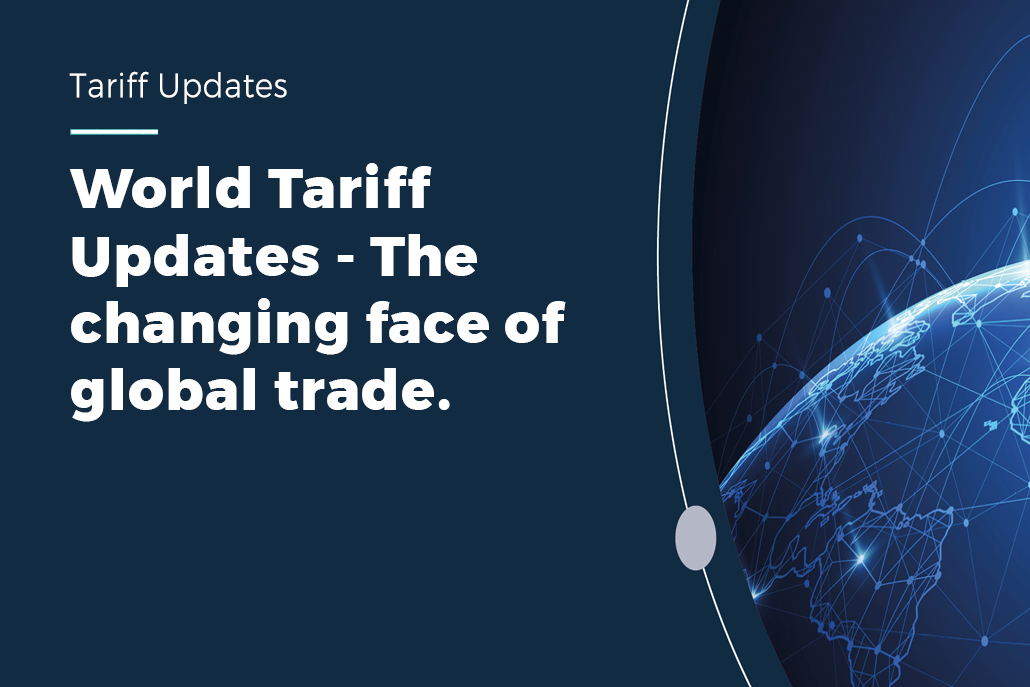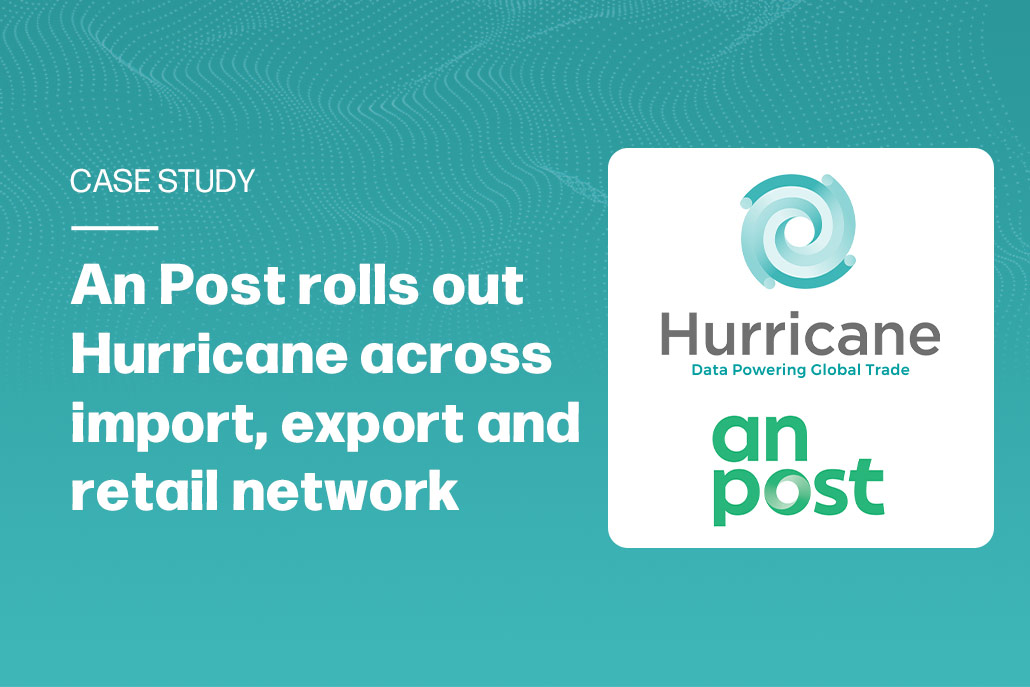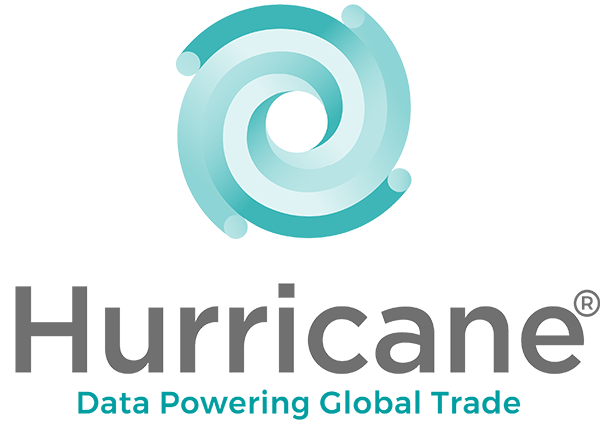Two years ago, the European Union introduced the Import One Stop Shop (IOSS) to simplify the payment of import VAT. The scheme was designed to create a level playing field for EU and non-EU sellers alike in the evolving eCommerce landscape.
The IOSS online portal lets sellers declare and collect import VAT for low-value consignments through a single registration and payment system. It also makes things easier for the buyer, who no longer needs to worry about any surprise customs fees.
But what do these changes look like in practice — particularly for British sellers post-Brexit?
This guide will explain what the IOSS is and what it means for businesses of all sizes. We’ll cover everything from the requirements of IOSS registration to how the import VAT rules affect your customers’ experience. We’ll also look at whether it’s worth your while to register (spoiler alert: in almost all cases, yes, it is!).
What is the Import One Stop Shop?
The Import One Stop Shop (IOSS) is an import scheme for EU and non-EU businesses. Launched on 1st July 2021, it allows non-EU retailers selling goods to European Union customers to voluntarily register for the scheme and collect import VAT at the point of sale. It is a Delivered Duty Paid (DDP) trade agreement, where the seller is responsible for all the costs involved in the shipment.
Businesses can sell goods with a value of up to €150 to EU consumers, paying VAT in a single monthly VAT return. They only need to register for IOSS in one EU member state. This streamlines the process for businesses by saving them time and money that would otherwise be spent registering for VAT in each EU member state.
Before July 2021, goods valued below €22 were VAT-exempt when imported to the EU. This created a VAT advantage for non-EU sellers and resulted in EU consumers paying additional fees upon receiving the goods. The EU changed the rules to collect VAT on all cross-border transactions and level the playing field.
Consignments with a value over €150 are still cleared in the traditional way, with VAT and Duty paid via the usual methods.
The new framework simplifies the import process for low-value distance sales, while the customer benefits from faster delivery times and a seamless experience.
Is there an IOSS for EU imports to the UK?
On 31st January 2021, the UK introduced a similar system to IOSS for imports entering the country. It has withdrawn the EU £15 low-value consignment threshold, replacing it with a new £135 VAT parcel regime opt-in.
All retailers can register for the One Stop Shop (OSS) with HMRC. If retailers are sending goods to Northern Ireland, then the Northern Ireland Protocol also comes into effect.
IOSS Registration
The IOSS scheme is currently optional. A seller, marketplace or their EU intermediary can register on the IOSS portal of any EU Member State, which becomes the Member State of Identification (MSI).
The IOSS number in the electronic customs declaration identifies that VAT has been collected and who has collected the VAT.
To register for the IOSS, you’ll need to have a fixed establishment in the relevant EU country. No presence in the EU? No problem. You’ll just need to find an intermediary — usually a broker or agent — to fulfil your IOSS obligations on behalf of your company.
The intermediary is responsible for keeping records, as well as declaring and paying monthly IOSS VAT returns to its member state’s tax authorities.
How to get an IOSS number
Before you register for the IOSS, you’ll need an Economic Operators’ Registration and Identification (EORI) number in at least one EU country. The country-specific number is used to track shipments entering and leaving the EU. You can register for one online but, as it normally takes around three days to arrive, it’s best to apply at least a week in advance.
Once you have your EORI number, you can register for the IOSS via the Import One Stop Shop portal of the relevant member state — usually the country where you carry out most of your business transactions.
If you’re not based in the EU, you’ll need to appoint an intermediary to register, submit returns and pay the import VAT on your behalf.
To receive your IOSS number, you must provide:
- Your company’s operational name and address
- Business details (type of products sold, website URL, etc)
- Name of the appointed director or legal representative
- VAT number
- The country of IOSS registration
- Information about your IOSS intermediary
What happens if a retailer doesn’t register with the IOSS?
While the Import One Stop Shop is not compulsory for consignments under €150, it’s still a good idea.
Without the IOSS, you must still account for VAT, which often involves registering and filing returns in multiple countries. If you choose to collect the import VAT from the recipient by the postal operator, courier firm or customs agent, you risk much longer transit times, complex customs clearance procedures, administrative fees and unhappy customers.
Benefits of the IOSS
The Import One Stop Shop’s major advantage is that it makes the customs clearance experience more efficient for both the seller and the buyer. While most marketplaces are already registered for IOSS, individual and independent sellers are missing out on the benefits of a streamlined customs clearance process.
Registering for the IOSS is entirely optional, but it’s worth your while as a retailer if you sell goods to EU customers. Why? Well, first of all, a standardised import process for all EU countries significantly reduces the energy-draining monotony of red tape. According to the European Commission, signing up for IOSS can lead to a 95% reduction in bureaucracy.
It simplifies the process by creating one rule for all EU countries. All shipments under €150 are subject to the local rate of VAT in the receiver’s country. Plus, it’s fast. The IOSS portal declares and collects VAT alongside the payment of goods. Registering for the IOSS scheme means that goods arriving at the EU border will benefit from a quick release at customs.
Your customers not only receive their items but receive them on time. This is a huge deal for building customer confidence in your brand. According to research by eCommerce platform ChannelAdvisor, 73% of companies found that Brexit slowed down deliveries to EU customers, so any method that speeds up deliveries and encourages cross-border transactions is welcome.
While you’re keeping your customers happy with fast delivery times, you can further delight them by providing a transparent and seamless purchasing process. In other words, show them exactly what they pay on checkout, with no unwelcome hidden costs upon delivery.
Unlike other delivery methods, the IOSS ensures customers pay import VAT upfront at the time of purchase for goods under €150. This will also significantly reduce the likelihood of returns — a costly and time-consuming headache that busy retailers can do without.
As the retailer, you get to oversee the process, safe in the knowledge that all taxes are paid. The centralised system means that VAT rules are consistent across all 27 EU member states, reducing confusion and mistakes. It also creates a fair and competitive environment for businesses operating within the EU market — no more uphill struggles on this level playing field!
To summarise, the benefits of IOSS include:
- Simplified VAT compliance
- Centralised VAT import rules
- Faster delivery times
- Reduced returns
- Reduced paperwork and administrative costs
- A better customer experience
- A level playing field for EU and non-EU businesses
Hassle-Free Shipping to the EU
If you’re a seller conducting business in the European Union, IOSS can simplify your shipping, saving you time and money.
Hurricane’s software solutions make registering for the IOSS easier. Our Kona API seamlessly integrates with your website to display reliable real-time calculations of applicable duties and taxes at checkout. Kona leaves nothing to chance, covering all aspects of eCommerce shipping and AED, including denied party screening, product classification, prohibited/restricted items and duty & tax calculations.
Some of the biggest names in cross-border eCommerce trust our software to help them pay the correct import VAT and taxes. If you’d like to join them or learn how we can help you with IOSS registration and implementation, please contact us.
Our friendly team is here to help you find the best solution for your business.














